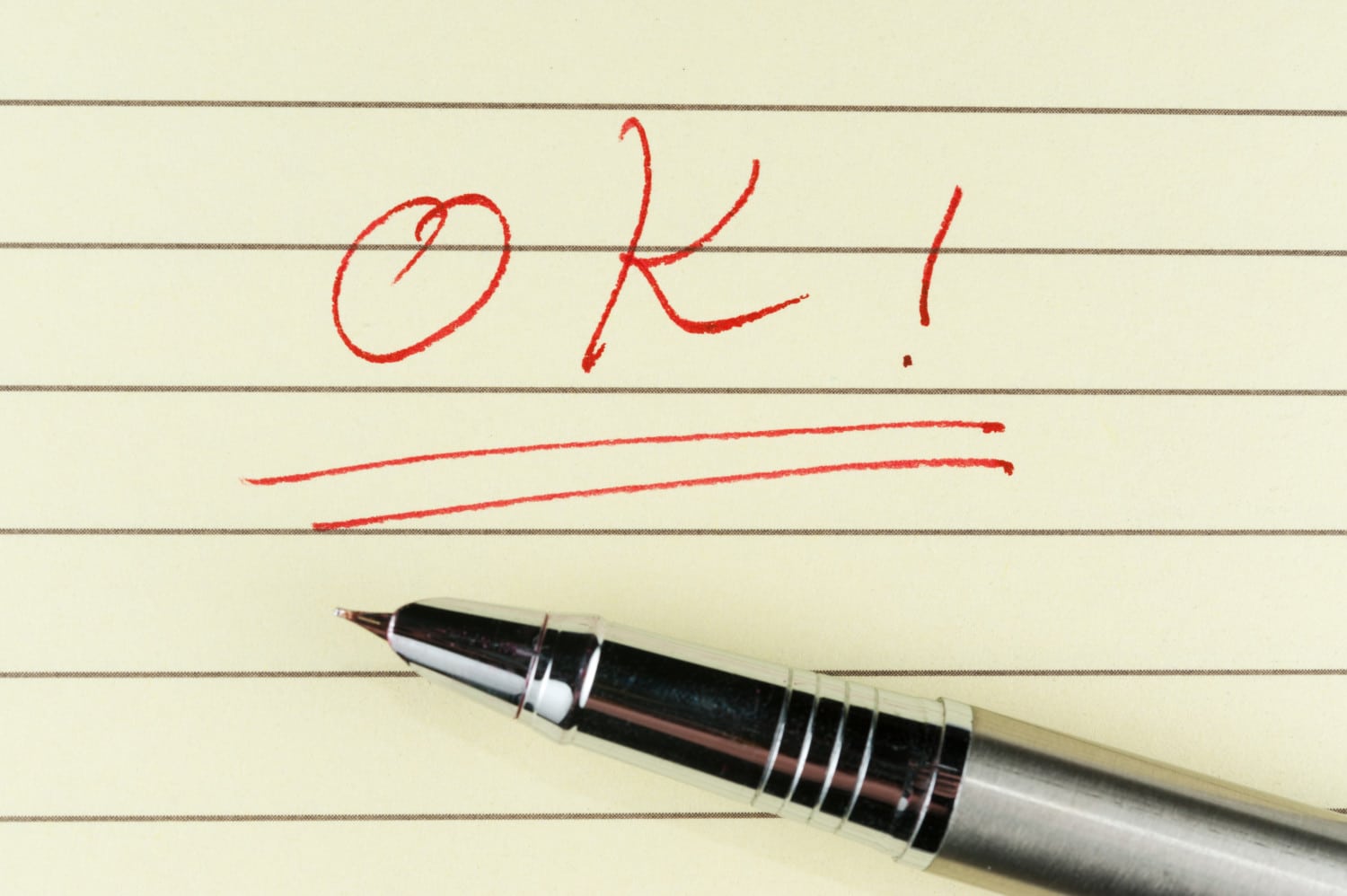Chances are, you’ve said “OK” at least a dozen times today. You may have been giving approval, expressing agreement or describing something satisfactory. A very versatile term, OK can be used as an adjective, a noun or a verb. The Economist even points out it was the fourth word spoken on the moon.
But have you ever wondered where it comes from? Is it an abbreviation or simply a random grouping of letters? How did it amass so many meanings?
Though OK has similarities to Native American Choctaw oke (“it is so”) and sub-Saharan Mandinka o ke (“that’s it”), Oxford Dictionaries says it’s unlikely that those terms had any influence on the modern English expression. And while it’s difficult to imagine a time before OK, the word has only been around for less than 200 years, which is nothing to a linguist.
OK’s origins were discovered in the 1960s, when famed etymologist Allen Walker Read investigated a multitude of theories. He found that OK first appeared in print on the second page of the Boston Morning Post on March 23rd 1839. In a satirical article on grammar, writer Charles Gordon Greene wrote OK as shorthand for “oll korrect,” a purposeful misspelling of “all correct.”
Abbreviations were fashionable at the time, and Greene was commenting on the extreme lengths the trend had reached. But unlike “WOOOFC” (“with one of our first citizens”), “KY” (“know yuse”), or “SP” (“small potatoes”), OK has stood the test of time. Dr. Laurence R. Horn, a professor of linguistics and philosophy at Yale University, recently told the Huffington Post that Read’s origin story is generally accepted in the community.
There’s a key factor in OK’s enduring legacy, though. Experts say it probably would have faded along with the other outrageous abbreviations of the 1830s and ’40s if it wasn’t for a certain political figure.
President Martin Van Buren’s supporters adopted OK as an election slogan in 1840 because Van Buren was from Kinderhook, New York, and often called “Old Kinderhook.” The so-called “OK Club” helped popularize the term, though it didn’t win Van Buren a second term.
As time went on, people started marking OK to approve documents. Mostly used in business settings, some avoided the letters for fear of implying illiteracy. It became much more mainstream in conversations during the 20th century and really took off in print in the ’60s and ’70s. Now, it’s as common as “hello” or “LOL.”
OK filled a lexical void, offering a neutral way to convey affirmation or approval. So, there you have. That’s the story and we’re sticking to it — if that’s OK with you.
This story originally appeared on Simplemost. Checkout Simplemost for other great tips and ideas to make the most out of life.


